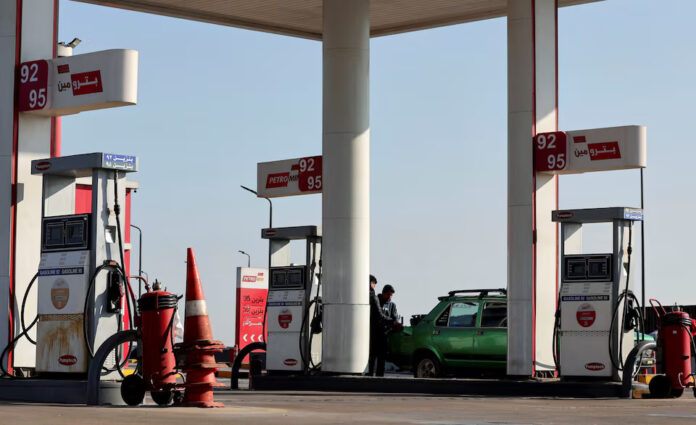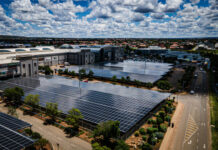
Egypt has raised domestic fuel prices for the second time this year, implementing hikes of up to 12.9% on a range of petroleum products as part of ongoing reforms to curb subsidies and narrow the budget deficit.
According to a decree published in the official gazette on Friday, the price increases, ranging between 10.5% and 12.9%, took immediate effect.
The petroleum ministry said the government would now freeze domestic fuel prices for at least a year, citing both local and international market pressures.
The ministry emphasized that the decision aligns with Egypt’s economic reform agenda, which aims to reduce its energy subsidy bill and bring domestic fuel prices closer to actual production and import costs by December.
Following the adjustment, diesel, one of the country’s most widely used fuels, rose by 2 Egyptian pounds to 17.50 pounds ($0.42) per litre, up from 15.50 pounds.
Gasoline prices were also increased, with 80 octane rising to 17.75 pounds, 92 octane to 19.25 pounds, and 95 octane to 21 pounds per litre.
This marks the second fuel price hike in 2025, following an average 15% increase in April. The government, however, assured that fuel prices will remain unchanged for at least the next 12 months, as authorities seek to stabilize the market and plan for long-term fiscal balance.
Egypt’s petroleum sector, the ministry said, will continue operating refineries at full capacity, settle arrears owed to foreign partners, and introduce incentives to boost domestic production and cut import costs.
The latest move comes under pressure from the International Monetary Fund (IMF), which has urged Egypt to scale back fuel, electricity, and food subsidies while expanding social safety programs under its $8 billion loan agreement.
The IMF noted in March that Egypt remains committed to subsidy reforms as it works to reduce its current account deficit, which stood at $2.2 billion in the second quarter of 2025.
The Central Bank of Egypt reported that oil product imports rose to $500 million during the same period, up from $400 million a year earlier.
While the government continues to subsidize diesel to protect low-income citizens, it acknowledged that the cost of doing so may require raising other fuel prices above market rates to offset the subsidy burden.
The freeze on fuel prices, effective until at least late 2026, is intended to provide short-term price stability as Egypt navigates inflationary pressures and fiscal tightening under its economic reform program.
Source: Reuters
Written By Rodney Mbua


















